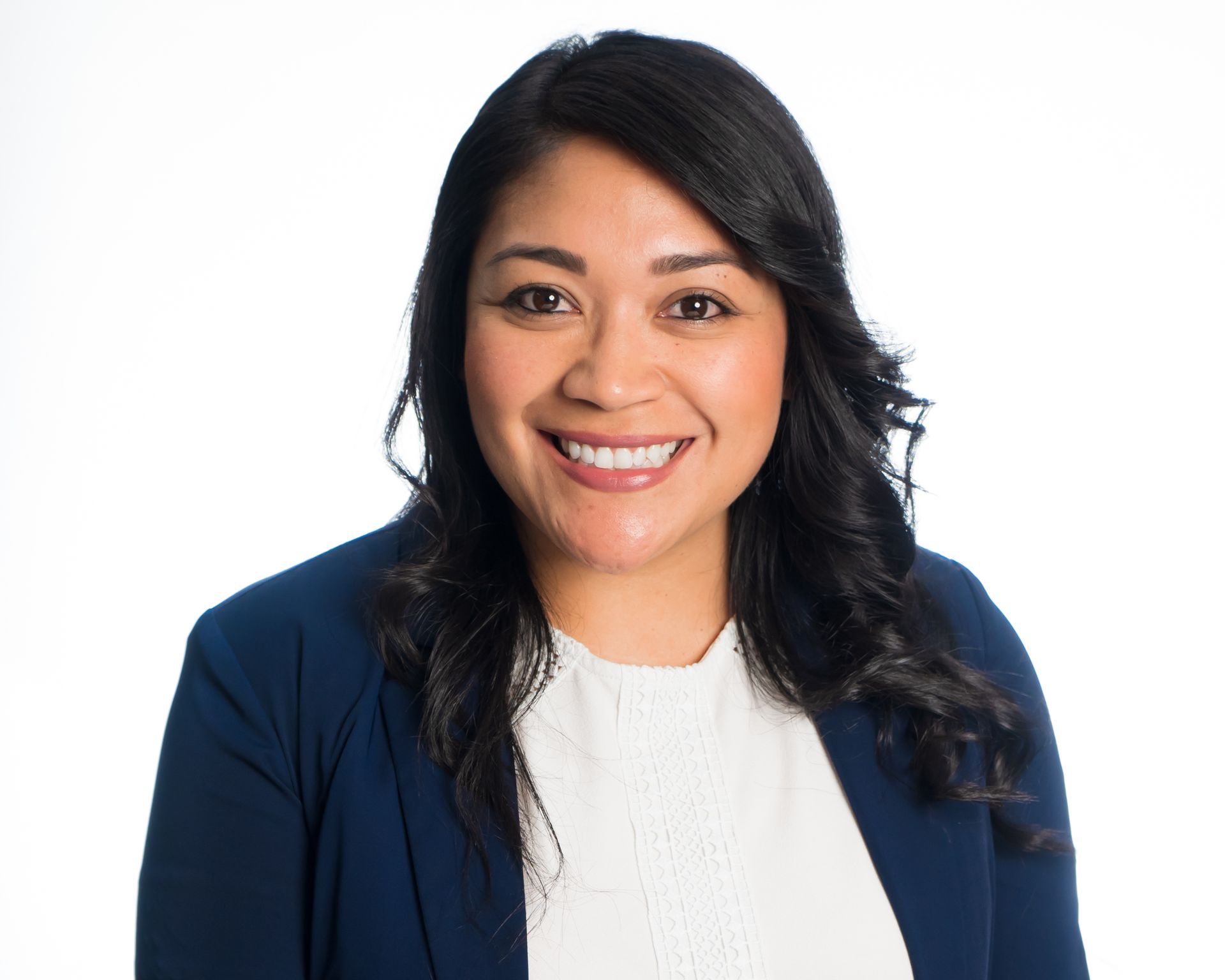Premarital Counseling in Irvine, CA | CASA Therapy
At CASA Therapy, love should feel like home, not like a guessing game. For many first-gen Latinas, professionals of color, and multicultural couples, marriage brings not only excitement but also unspoken fears: What if we repeat the patterns we grew up with? What if our families have conflicting expectations? What if love gets lost in survival? Premarital counseling is a chance to slow down, name your values, and build the foundation you'll carry into your future together. It’s not about perfection, it’s about creating safety, clarity, and connection before you say “I do.”
What is premarital counseling?
Premarital counseling is a form of therapy designed to help couples prepare for marriage with clarity and confidence. It gives you the tools to strengthen communication, deepen trust, and anticipate challenges before they become patterns. At CASA Therapy, premarital counseling is culturally rooted; we talk openly about the expectations, grief, and generational legacies that often shape love in families of color and multicultural relationships. Together, we create space for both partners to feel heard, respected, and aligned.
Most common challenges that premarital counseling addresses
- Miscommunication or shutting down during conflict
- Navigating cultural or religious differences in marriage
- Unspoken expectations around finances, gender roles, or family planning
- Balancing family loyalty with personal boundaries
- Fear of repeating unhealthy patterns learned in childhood
- Anxiety about long-term commitment and “losing yourself” in the relationship
How do I know if we need premarital counseling?
Ask yourselves:
- Do we avoid hard conversations because we’re scared of conflict?
- Do our cultural or family expectations sometimes clash?
- Do I feel like one of us carries more emotional labor or invisible pressure?
- Do we worry about money, roles, or in-laws but struggle to talk openly about it?
- Do I want to make sure we’re building more than just wedding plans, we’re building a marriage that lasts?
How do I approach premarital counseling at CASA Therapy in Irvine, CA?
My approach to premarital counseling combines emotionally focused therapy, cultural awareness, and grief-informed care. In our work together, we will:
- Identify and address conflict cycles before they take root in your marriage
- Strengthen communication so both partners feel safe and understood
- Explore values, cultural traditions, and long-term goals without judgment
- Build tools for navigating finances, intimacy, and family planning with clarity
- Practice aligned boundaries, so you protect your relationship from outside pressure
- Create a shared vision of marriage that honors both individuality and partnership
What topics can we talk about in premarital counseling?
- Communication skills and conflict repair strategies
- Family dynamics, cultural traditions, and setting boundaries
- Financial expectations and long-term planning
- Intimacy, trust, and emotional safety
- Parenting desires and navigating generational differences
- Creating a shared vision for your marriage
Steps to work with me

Hi, I'm Dama
Licensed Marriage and Family Therapist, Certified Grief Educator, and founder of CASA Therapy.
I'm trained in Emotion Focused Therapy for both couples and individuals. I firmly believe that love can be healing when both people are willing to do the work.


Step 1
A thorough intake session where we explore your relationship history, cultural backgrounds, and current struggles so we can understand the deeper patterns behind the disconnection.

Step 2
Emotionally focused sessions to help you with clarity, begin repairing trust, and rebuild emotional safety.

Step 3
Ongoing, guided sessions with personalized homework, where we break unhelpful cycles, strengthen connection, and practice healthier ways of relating so your relationship feels more like a true partnership.
I’m Dama Perez, founder of CASA Therapy. As a therapist for people of color, first-gen Latinas, and multicultural couples, I know that preparing for marriage is more than just planning a ceremony; it’s preparing for a life together. I help couples build emotional safety, honor their roots, and step into marriage with clarity and strength. Whether you’re navigating culture, values, or simply wanting to future-proof your love, premarital counseling offers a space to start with intention.
Tips & resources for couples preparing for marriage
- Set aside regular “check-in” conversations about values, money, or stressors
- Practice listening to understand during conflict
- Acknowledge and honor cultural traditions while defining what feels right for your partnership
- Create rituals of connection (weekly dates, gratitude practices, etc.) to strengthen intimacy
- Remember: preparing for marriage isn't about avoiding conflict, but learning how to repair together

Payment plans
$200 per 50-minute session, Couples
Each session includes:
- One 50-minute in person or virtual therapy session
- Occasional reflection prompts or homework assignments based on your goals as a way to deepen connection and continue the work between sessions when helpful.
You deserve support that feels steady and intentional.
FAQ
How early should you do premarital counseling?
Ideally, couples begin premarital counseling at least 6–12 months before the wedding. This gives you enough time to explore communication patterns, values, and expectations without the added pressure of last-minute planning. However, it’s never “too late.” Even a few sessions before marriage can help you enter your commitment with more clarity, tools, and confidence.
Is premarital counseling only for couples with problems?
Not at all. Many couples use premarital counseling proactively to build communication skills, set healthy boundaries, and align on values before challenges arise. It's about prevention and strengthening, not just fixing.
What's the difference between premarital counseling and regular couples therapy?
Couples therapy often addresses problems that are already causing tension in the relationship. Premarital counseling, on the other hand, is focused on prevention, equipping you with tools, clarity, and shared goals before those issues take root. It's future-oriented, designed to strengthen your foundation rather than repair ongoing damage.
How long does premarital counseling usually last?
The length varies depending on the couple's goals. Some couples choose 4–6 sessions as a focused series, while others continue longer to deepen their relational foundation. At CASA Therapy, I adapt the length to fit your timeline and needs
What happens in premarital counseling?
In premarital counseling, we create a safe space to talk about the parts of your relationship that matter most. Sessions often cover communication styles, conflict repair, finances, family dynamics, intimacy, and long-term goals. At CASA Therapy in Irvine, CA, I tailor each session to your cultural background and unique needs, so both partners feel seen, understood, and aligned before saying “I do.”
Good Faith Estimate (No Surprises Act)
This Good Faith Estimate shows the costs of services that are reasonably expected for the expected services to address your mental health care needs. The estimate is based on the information known to us when we did the estimate.
The Good Faith Estimate does not include any unknown or unexpected costs that may arise during treatment. You could be charged more if complications or special circumstances occur. If this happens, federal law allows you to dispute (appeal) the bill.
If you are billed for more than this Good Faith Estimate, you have the right to dispute the bill.
You may contact the contact listed above if billed charges are higher than the Good Faith Estimate. You can request an update to the bill to match the Good Faith Estimate, ask to negotiate the bill, or ask if there is financial assistance available.
You may also start a dispute resolution process with the U.S. Department of Health and Human Services (HHS). If you choose to use the dispute resolution process, you must start the dispute process within 120 calendar days (about 4 months) of the date on the original bill.
There is a $25 fee to use the dispute process. If the agency reviewing your dispute agrees with you, you will have to pay the price on this Good Faith Estimate. If the agency disagrees with you and agrees with the health care provider or facility, you will have to pay the higher amount.
To learn more and get a form to start the process, go to:
www.cms.gov/nosurprises or call CMS at 1-800-985-3059.
For questions or more information about your right to a Good Faith Estimate or the dispute process, visit www.cms.gov/nosurprises or call CMS at 1-800-985-3059 .
This Good Faith Estimate is not a contract. It does not obligate you to accept the services listed above.